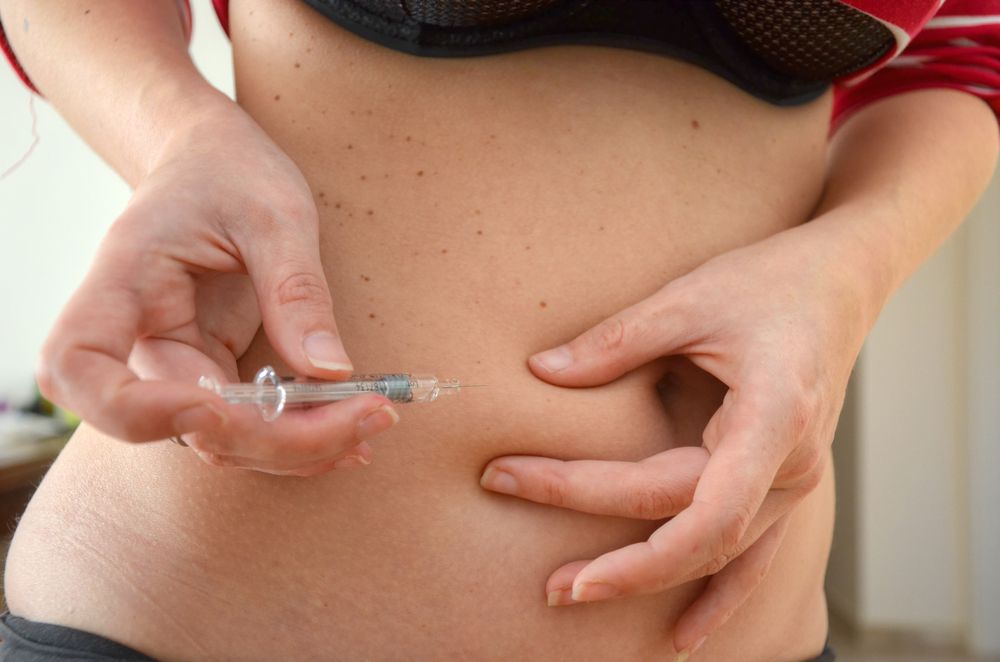
Important Factors for IVF Egg Retrieval Success: A Comprehensive Guide
In vitro fertilization (IVF) is a widely used assisted reproductive technology that offers hope to couples struggling with infertility. One crucial step in the IVF process is egg retrieval, where mature eggs are collected from the ovaries for fertilization. The success of this procedure greatly impacts the overall outcome of IVF treatment. In this blog, we will explore the important factors that contribute to IVF egg retrieval success, ensuring a thorough understanding of the process for hopeful parents. We will also highlight the role of an Egg Donation Centre in Noida and the significance of choosing the best IVF doctor in Noida.
Preparing for IVF Egg Retrieval
- Initial Consultation and Evaluation
Before the IVF process begins, couples undergo a comprehensive evaluation to assess their fertility status. This evaluation may include a review of medical history, physical examinations, and diagnostic tests. Consulting with the best IVF doctor in Noida ensures a personalized approach and appropriate recommendations for the IVF treatment plan.
- Ovarian Stimulation
Ovarian stimulation is a crucial step to promote the growth and maturation of multiple eggs for retrieval. This is achieved through the administration of fertility medications to stimulate the ovaries. Close monitoring by the fertility clinic, such as the Egg Donation Centre in Noida, is essential to adjust medication dosages and timing for optimal follicular development.
The Egg Retrieval Procedure
- Transvaginal Ultrasound-Guided Egg Retrieval
The egg retrieval procedure is typically performed under sedation or anesthesia to ensure patient comfort. Using transvaginal ultrasound guidance, a thin needle is inserted through the vaginal wall to access the ovaries. Follicular fluid containing mature eggs is aspirated, and the eggs are immediately transferred to the laboratory for further processing.
- Laboratory Handling and Fertilization
Once retrieved, the eggs are assessed for maturity and quality. In the laboratory, skilled embryologists select the best quality eggs for fertilization. The eggs are then combined with sperm using either conventional insemination or intracytoplasmic sperm injection (ICSI), depending on individual circumstances.
Factors Influencing IVF Egg Retrieval Success
- Ovarian Response to Stimulation
The success of IVF egg retrieval greatly depends on the ovaries’ response to stimulation medication. Factors such as the woman’s age, ovarian reserve, and individual response to medication play a role in the number and quality of eggs retrieved. Close monitoring and adjustments by the fertility clinic, along with the expertise of the best IVF doctor in Noida, ensure optimal ovarian response.
- Timing of Egg Retrieval
The timing of egg retrieval is critical to ensure that the eggs are collected at the ideal stage of maturation. Careful monitoring and ultrasound assessments help determine the optimal time for retrieval, maximizing the chances of obtaining mature and viable eggs.
- Experience and Skill of the Fertility Team
The experience and skill of the fertility team, including the IVF doctor and embryologists, greatly influence the success of egg retrieval. The best IVF doctor in Noida brings expertise and precision to the procedure, ensuring the highest quality care and handling of retrieved eggs.
- Laboratory Techniques and Equipment
The laboratory techniques and equipment used in the handling and fertilization of retrieved eggs also impact success rates. State-of-the-art laboratories, like those found at reputable Egg Donation Centres in Noida, employ advanced technologies and adhere to strict quality control measures, promoting optimal conditions for successful fertilization and embryo development.
Conclusion
IVF egg retrieval is a crucial step in the IVF process, and its success significantly influences the overall outcome of fertility treatment. Factors such as ovarian response to stimulation, timing of retrieval, expertise of the fertility team, and laboratory techniques all contribute to success rates. Choosing the best IVF doctor in Noida and partnering with a reputable Egg Donation Centre in Noida ensures access to a comprehensive fertility program with experienced professionals, cutting-edge facilities, and personalized care.
FAQs (Frequently Asked Questions)
Q1. How long does the IVF egg retrieval procedure take?
A1. The IVF egg retrieval procedure typically takes about 20 to 30 minutes. However, the overall process, including preparation and recovery time, may span a few hours.
Q2. Is IVF egg retrieval a painful procedure?
A2. During the egg retrieval procedure, patients are usually under sedation or anesthesia, ensuring they do not experience pain or discomfort. After the procedure, some individuals may experience mild cramping or bloating, which can be managed with over-the-counter pain relievers.
Q3. What are the risks associated with IVF egg retrieval?
A3. While IVF egg retrieval is generally considered safe, as with any medical procedure, there are some risks. These can include bleeding, infection, damage to surrounding organs, and complications from anesthesia. However, these risks are rare, and fertility clinics take necessary precautions to minimize them.
Q4. How many eggs are typically retrieved during the procedure?
A4. The number of eggs retrieved during IVF can vary depending on several factors, including the woman’s age, ovarian reserve, and response to stimulation medications. On average, clinics aim to retrieve around 10-15 eggs to maximize the chances of success. However, each case is unique, and the actual number of eggs retrieved may vary.
Q5. How soon after egg retrieval can the embryo transfer take place?
A5. After egg retrieval, the eggs are fertilized in the laboratory. The resulting embryos are typically cultured for a few days, usually between 3 to 6 days, before the embryo transfer takes place. The timing of the transfer depends on various factors, including the woman’s reproductive cycle and the clinic’s protocols.

















